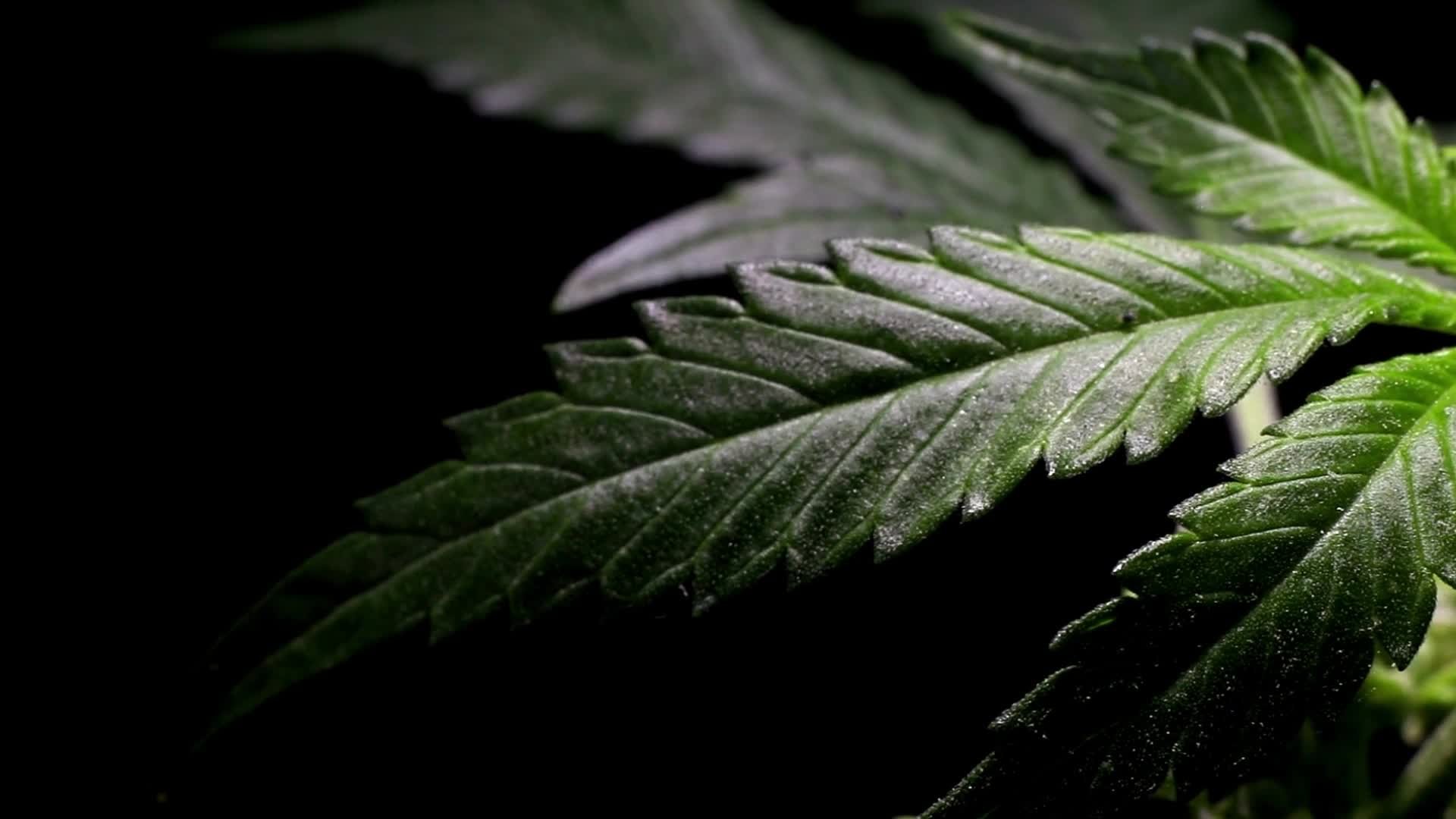
WHAT ARE CANNABINOIDS?
CAN·NAB·I·NOID
/ˈkanəbənoid/
nounCHEMISTRY
plural noun: cannabinoids
1. any of a group of closely related compounds which include cannabinol and the active constituents of cannabis.
Learn More
/ˈkanəbənoid/
nounCHEMISTRY
plural noun: cannabinoids
1. any of a group of closely related compounds which include cannabinol and the active constituents of cannabis.
Learn More
The passage of the 2018 Farm Bill made it legal to sell hemp and hemp products in the U.S. But that doesn't mean that all hemp-derived CBD products are legal. Firstly, in order for CBD to be legal it has to have been extracted from a plant with 0.3% or less THC. It is not considered legal to sell CBD that has been derived from a Marijuana plant (one with over 0.3% THC). Secondly, since CBD has been studied as a new drug, it can't be legally included in foods or dietary supplements. Also, CBD can't be included in products marketed with therapeutic claims. CBD can only be included in "cosmetic" products and only if it contains less than 0.3% THC. Another issue with these products (in a general sense) is that the amount of CBD they contain is not always reported accurately on the product label.
EFFECTS:
CBD has effects on the brain. The exact cause for these effects is not clear. However, CBD seems to prevent the breakdown of a chemical in the brain that affects pain, mood, and mental function. CBD also seems to reduce pain and anxiety.
Cannabinol (CBN) is a degraded form of THC. It is a chemical compound that forms after the plant has been cut, and has been laying around exposed to air. As this occurs, the THC degrades and creates a completely new molecule, CBN. It is currently classified as mildly-psychoactive but doesn't contain any THC. To date, the research into the therapeutic benefits of CBN is VERY preliminary but is starting to gain momentum.
EFFECTS:
CBN appears to have potentially powerful sedative effects, as well as several of the same effects as CBD including relieving pain, reducing inflammation, and improving sleep (though CBN may be more effective at this). CBN is also known to have cancer-fighting capabilities and antibiotic properties, aids in bone healing and growth, is used in glaucoma therapy and acts as an appetite stimulant.
Cannabigerol (CBG) is another cannabinoid found in the cannabis plant, and in much smaller quantities than CBD. Without manipulation from farmers the average amount of CBG found in a cannabis plant is around 1%. However, farmers have begun to find ways of increasing this number.
EFFECTS:
CBG may offer pain relief, act as a muscle relaxant, aid in antidepressant and anti anxiety therapy, have antibacterial, anti fungal, and antimicrobial properties, may assist in management of bladder dysfunction, may help strengthen bones, may have anti tumor effects, may assist in the management of psoriasis, may sooth IBS, and may have a neuroprotective effect. That’s a fancy way of saying CBG may help keep the brain healthy by protecting against cognitive decline.
Delta 8 THC is a powerful cannabinoid native to the cannabis flower. Delta-8-THC is an isomer of CBD, which is a derivative of hemp and CBD, a cannabinoid found in hemp, and is found in our products with less than 0.3% Delta-9-THC. In other words, Delta 8 THC is a middle ground between hemp, CBD, and THC-Delta-9.
According to The National Cancer Institute, Delta-8 THC is defined as "an analogue of tetrahydrocannabinol (THC) with antiemetic, anxiolytic, appetite-stimulating, analgesic, and neuroprotective properties." They also stated that "this agent exhibits a lower psychotropic potency than Delta-9-tetrahydrocannabinol (Delta-9-THC), the primary form of THC found in cannabis."
EFFECTS:
THC ∆8: Binds to the CB1 and CB2 receptors in the body. When it binds to both receptors at the same time, users experience a milder cerebral high. When compared to the effects of THC ∆9, users describe a more clear-headed, productive, energetic, and upbeat feeling. ∆8 is also a pain-relieving, anti-nausea, and anti-anxiety cannabinoid.